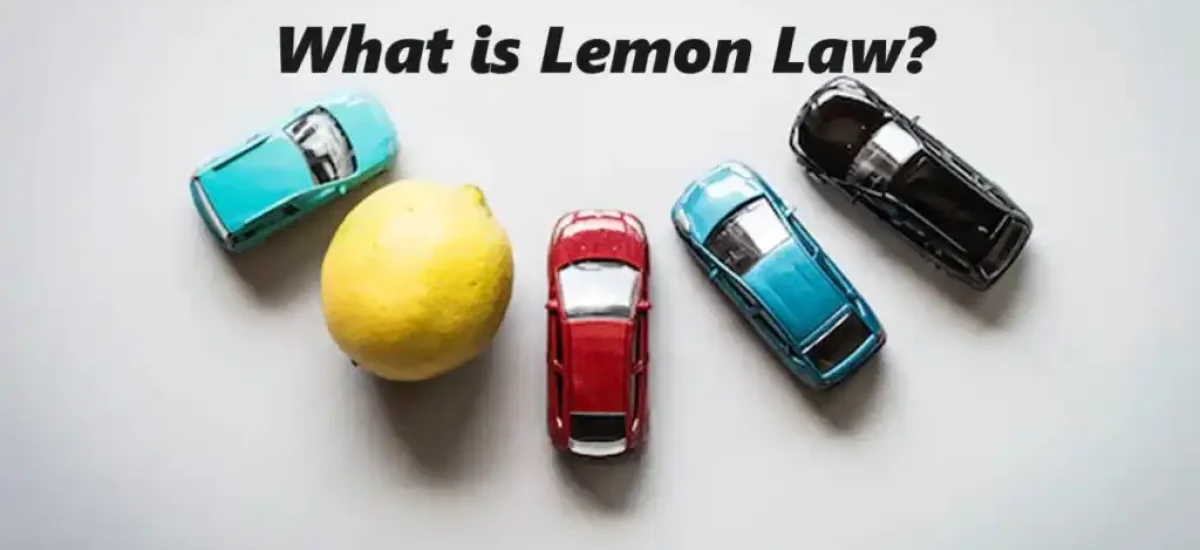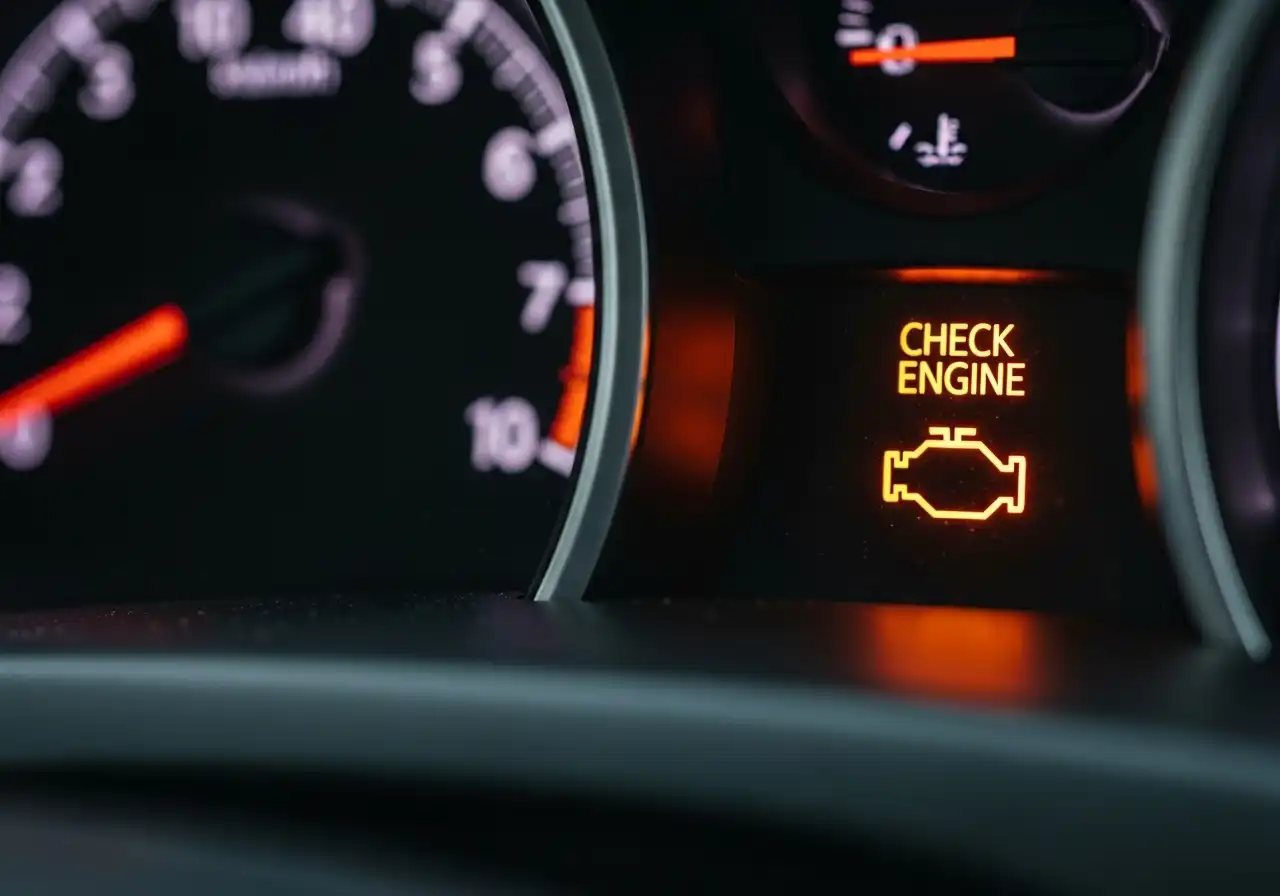Buying a car is often one of the most significant purchases you’ll ever make, so when you end up with a vehicle that consistently fails to meet expectations, it can be frustrating and overwhelming. If you find yourself in the unfortunate situation of purchasing a lemon car, it’s important to know that you have legal protections to help you navigate the situation.
In this blog, we’ll explore what qualifies as a lemon car, how lemon laws protect consumers, and the steps you can take to resolve the issue, including your legal options for seeking compensation or a replacement vehicle.
1. What is a Lemon Car?
A lemon car is a vehicle that has significant defects or issues that impair its use, safety, or value. Under lemon laws, these defects must persist after a reasonable number of repair attempts, and they must occur within a certain time frame or mileage limit after purchase.
Common Lemon Car Issues:
-
Repeated mechanical failures (e.g., engine issues, transmission problems)
-
Electrical malfunctions (e.g., faulty wiring, airbag system failures)
-
Safety concerns (e.g., malfunctioning brakes, airbags not deploying)
-
Defective parts or materials (e.g., rusting or poor construction quality)
Each state has its own lemon law with specific guidelines, but the general premise is that the car should meet basic standards of safety and performance. If the car fails to perform despite multiple repair attempts, it may qualify as a lemon.
2. How Lemon Laws Protect Consumers
Lemon laws are designed to protect consumers from defective vehicles. These laws vary by state, but they typically cover both new and used cars under certain conditions. The goal is to ensure that consumers aren’t stuck with a vehicle that’s unsafe or unreliable.
Key Features of Lemon Laws:
-
Time or mileage limits: Most lemon laws require that the defect occurs within a certain period after purchase or within a specific number of miles driven (usually 12,000 to 18,000 miles for new cars).
-
Repair attempts: If the car has been repaired multiple times (usually 3 to 4 times) for the same issue and the defect remains unresolved, it may qualify as a lemon.
-
Substantial impairment of the vehicle’s use or value: The defect must significantly impact the car’s ability to function or lower its resale value.
For example, if you’ve taken your car to the dealership for the same issue multiple times (such as recurring engine problems) and the problem is never fixed, the car could qualify for a lemon claim.
3. Steps to Take If You Buy a Lemon Car
If you’ve purchased a lemon car, it’s important to take action promptly. Here’s what you should do:
A. Document the Issues
Start by keeping a detailed record of all the issues with the car. This includes:
-
The specific problems you’re experiencing
-
Dates when you brought the car in for repairs
-
Service records and receipts
-
Correspondence with the dealership or manufacturer
Documenting everything thoroughly will provide crucial evidence if you need to file a claim under lemon law.
B. Allow the Dealer or Manufacturer to Fix the Car
In most cases, you’ll need to give the dealer or manufacturer an opportunity to fix the defect. Typically, lemon laws require that you provide the car to the manufacturer or dealer for a reasonable number of repair attempts (usually three or four times) before taking legal action.
If the dealership or manufacturer cannot resolve the issue in a reasonable time frame or after multiple attempts, it may indicate that your car is a lemon.
C. Get a Written Statement
Ask for a written statement from the dealership or repair shop confirming that the defect remains unresolved after multiple attempts to repair it. This documentation will strengthen your case if you decide to take legal action.
D. Contact the Manufacturer
If the issue persists and you’re unable to get a resolution through the dealership, you can contact the manufacturer directly. They may offer a remedy, such as a replacement vehicle or a refund. Some manufacturers may be more responsive than others, so this step could be crucial in finding a resolution.
4. Legal Options if You Buy a Lemon Car
If your car qualifies as a lemon and the dealer or manufacturer refuses to address the issue satisfactorily, you have legal options to explore.
A. Lemon Law Claims
If your car qualifies under your state’s lemon law, you may be entitled to:
-
A replacement vehicle of similar make and model.
-
A full refund of the purchase price, minus any mileage or usage costs.
Lemon law claims are often state-specific, so it’s important to consult with a local attorney who specializes in lemon law to guide you through the process. A lawyer can help you understand the specific requirements in your state and ensure that your claim is filed correctly.
B. Consumer Protection Laws
In some cases, you may also be able to pursue a claim under consumer protection laws. These laws may offer additional remedies or protections, particularly if you purchased a used car that wasn’t disclosed as having defects.
C. Civil Lawsuit
If your case falls outside of the scope of lemon laws (for example, if the vehicle is not technically a lemon or is past the statute of limitations), you can still pursue compensation through a civil lawsuit for breach of warranty or misrepresentation. This may involve proving that the seller or manufacturer knowingly sold you a defective vehicle or failed to disclose serious issues.
5. When to Hire a Lemon Law Attorney
Hiring an experienced lemon law attorney is highly recommended, especially if you’re facing resistance from the manufacturer or dealer. Here’s how a lawyer can help:
-
Evaluating your case: A lawyer will assess whether your car qualifies as a lemon and whether you have a viable claim.
-
Negotiating with the manufacturer: Lemon law attorneys are skilled in negotiating with manufacturers and dealerships, which may help expedite a resolution.
-
Representing you in court: If the manufacturer refuses to settle or offer a fair resolution, a lawyer can represent you in court to fight for a refund or replacement.
6. Conclusion
Buying a lemon car can be a frustrating and costly experience, but it’s important to know that you have legal rights. Lemon laws exist to protect consumers like you, and if you’ve purchased a car that continually fails to meet your expectations, there are steps you can take to get the compensation or replacement vehicle you deserve.
By documenting the issues, allowing repair attempts, and consulting with an experienced lemon law attorney, you can take the necessary steps to resolve the situation. Don’t let a lemon car continue to be a source of stress—take action today and protect your rights under the law.



